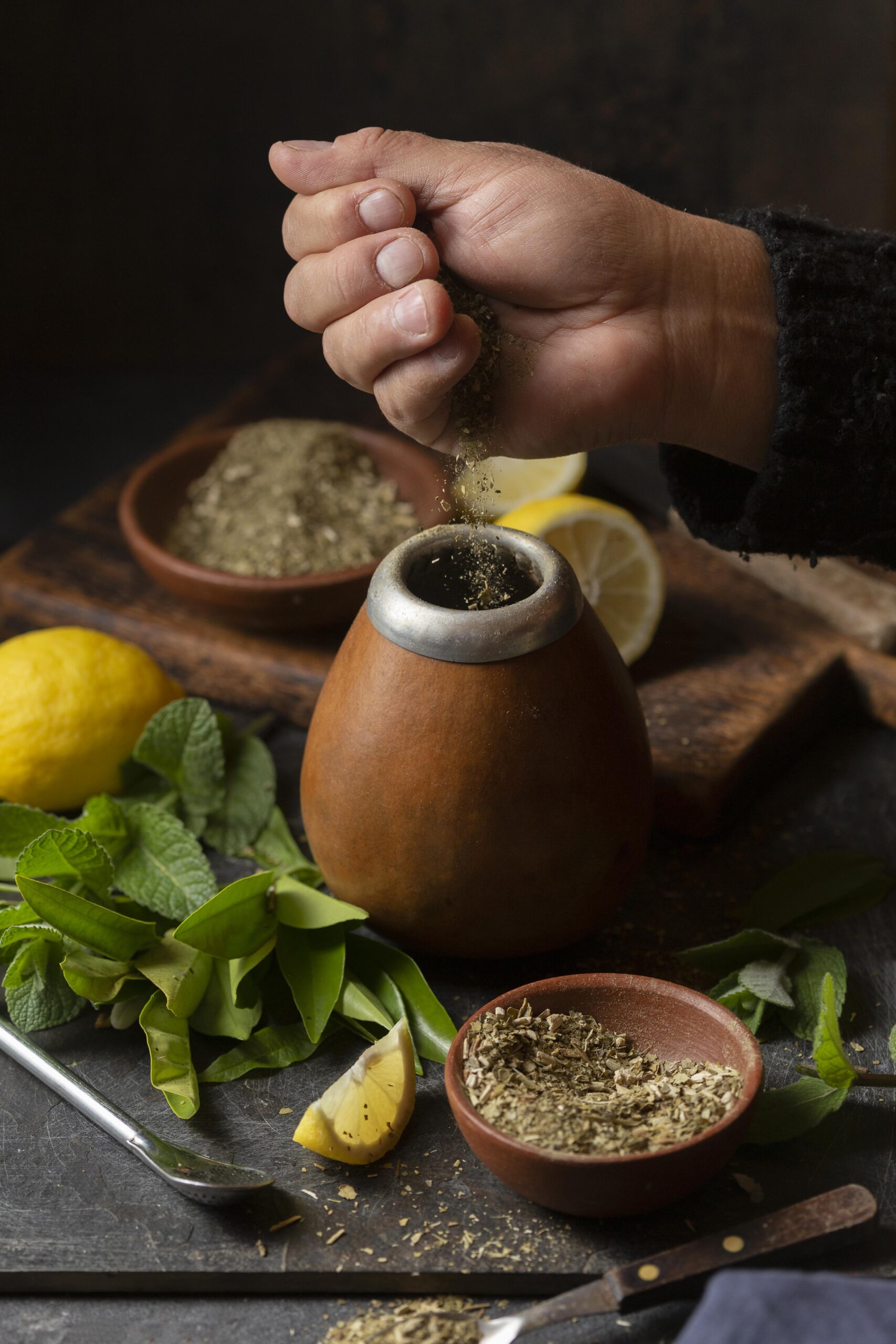Endometriosis is a painful condition in which the endometrial tissue, which normally lines the uterus, grows outside it. This can lead to severe menstrual pain, inflammation, and infertility. While modern medicine primarily treats endometriosis with hormonal therapy and surgery, Ayurveda offers a holistic approach to managing symptoms, reducing inflammation, and improving fertility through natural remedies.
Understanding Endometriosis in Ayurveda
Ayurveda classifies endometriosis as a Vata-Pitta disorder. When Vata (the dosha governing movement and circulation) is aggravated, it leads to the displacement of endometrial tissue. Excess Pitta (responsible for heat and inflammation) worsens the condition, causing severe pain, swelling, and heavy menstrual bleeding.
Ayurvedic treatment aims to:
- Balance Vata and Pitta doshas
- Reduce inflammation and pain
- Regulate menstrual cycles
- Enhance fertility naturally
Ayurvedic Remedies for Endometriosis and Infertility
- Panchakarma Therapy (Detoxification)
Panchakarma is a set of Ayurvedic detoxification procedures that help eliminate toxins (Ama) from the body, improve digestion, and balance hormones. Key therapies for endometriosis include:
- Virechana (Purgation Therapy): Flushes out excess Pitta and toxins from the liver and intestines.
- Basti (Medicated Enemas): Herbal oil enemas strengthen the reproductive organs and balance Vata dosha.
- Abhyanga (Oil Massage): Daily massage with warm sesame oil calms Vata and relieves pelvic pain.
- Herbal Remedies for Endometriosis
Ayurveda recommends various herbs to manage endometriosis and enhance fertility:
- Ashwagandha (Withania somnifera): Reduces stress, balances hormones, and supports reproductive health.
- Shatavari (Asparagus racemosus): A natural uterine tonic that regulates estrogen levels and improves fertility.
- Turmeric (Curcuma longa): A powerful anti-inflammatory that reduces pain and swelling.
- Guduchi (Tinospora cordifolia): Boosts immunity and helps detoxify the body.
- Aloe Vera: Helps cool excess Pitta and soothes the reproductive system.
- Triphala: A natural cleanser that improves digestion and prevents toxin buildup.
- Dietary Recommendations
A healthy diet plays a crucial role in managing endometriosis. Ayurveda suggests:
- Include anti-inflammatory foods like ghee, fresh fruits, leafy greens, and whole grains.
- Avoid processed foods, excessive sugar, caffeine, and spicy foods that aggravate Pitta.
- Incorporate Omega-3-rich foods like flaxseeds, walnuts, and chia seeds to reduce inflammation.
- Drink herbal teas like ginger, turmeric, and fennel tea to soothe digestion and reduce bloating.
- Lifestyle Modifications
- Regular Exercise: Gentle yoga and walking improve circulation and reduce stress.
- Yoga & Pranayama: Poses like Baddha Konasana (Butterfly Pose) and Supta Baddha Konasana enhance blood flow to the reproductive organs.
- Stress Management: Meditation, deep breathing, and mindfulness help regulate hormonal imbalances.
- Adequate Sleep: Maintaining a proper sleep cycle balances Vata and Pitta doshas.
- Special Ayurvedic Formulations
- Ashokarishta: A herbal tonic that regulates menstrual cycles and strengthens the uterus.
- Phala Ghrita: A medicated ghee that improves fertility and hormonal balance.
- Kanchanar Guggulu: Helps in detoxification and managing cysts and fibroids.
- Dashmoolarishta: A combination of ten herbs that reduce inflammation and support reproductive health.
Conclusion
Ayurvedic treatment for endometriosis focuses on detoxification, herbal remedies, dietary changes, and lifestyle modifications to naturally heal the reproductive system. With consistent care and a holistic approach, Ayurveda can help manage symptoms, reduce pain, and enhance fertility without the side effects of conventional treatments.
If you or someone you know is struggling with endometriosis-related infertility, consulting a qualified Ayurvedic practitioner can provide personalized guidance and treatment for long-term relief.

